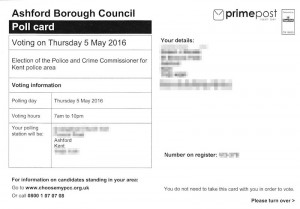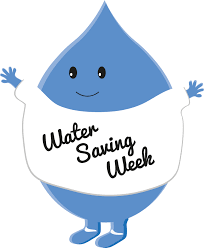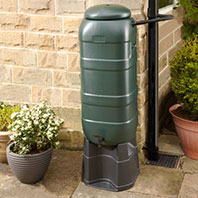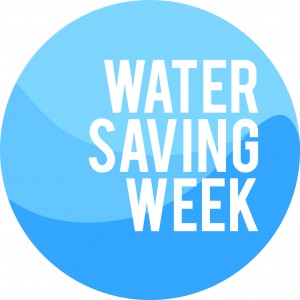Mental health in east Kent – have your say
![]() The east Kent mental health commissioning team are keen to involve people in developing their work with mental health. We want to hear from you about your priorities for mental health and how these services should look in the future. We want to know what you really think.
The east Kent mental health commissioning team are keen to involve people in developing their work with mental health. We want to hear from you about your priorities for mental health and how these services should look in the future. We want to know what you really think.
Do you have views about local mental health services? Have you used them? Avoided them but needed them? You are the experts in what works and what needs to change. We’d really like to hear from you to help develop our priorities for the future and improve services.
The east Kent mental health commissioning team is introducing co-production in their work, which means including people affected by mental health issues. We’d like to invite you to become involved in this future work by leaving your email address at the bottom of this survey so the team can contact you. (more…)






 Introduction
Introduction Why save water at work?
Why save water at work?